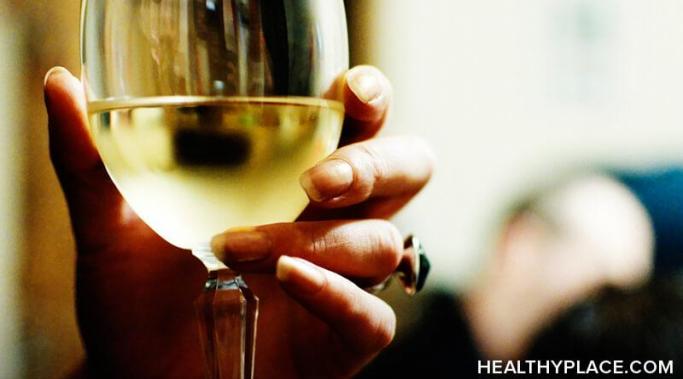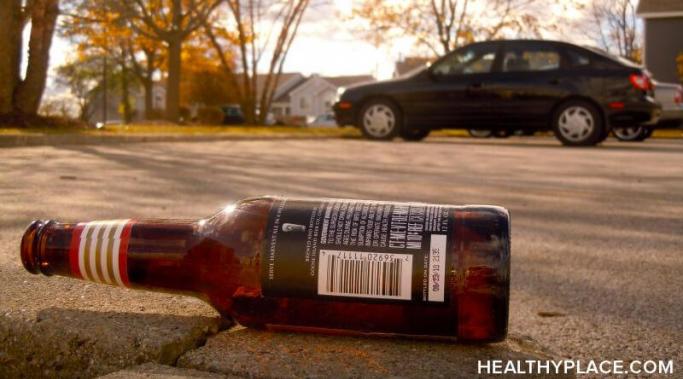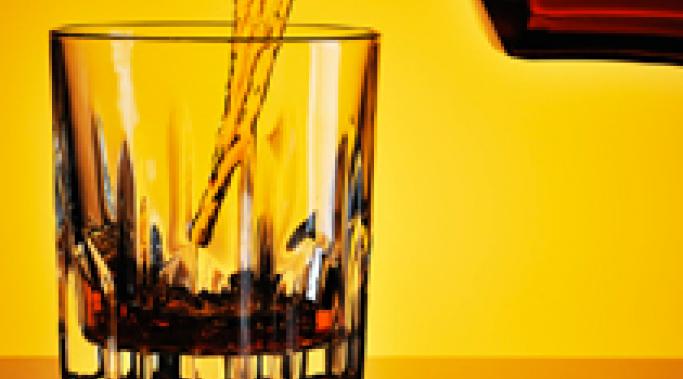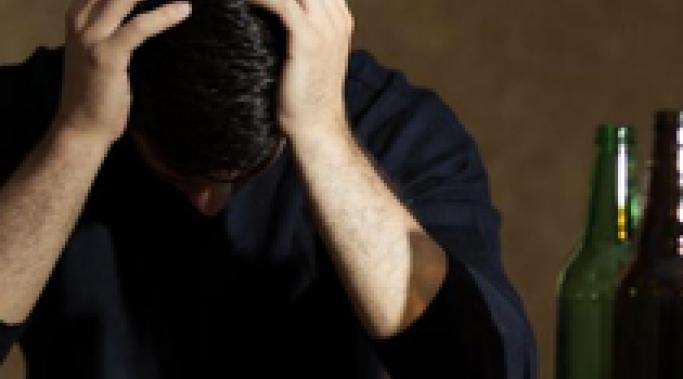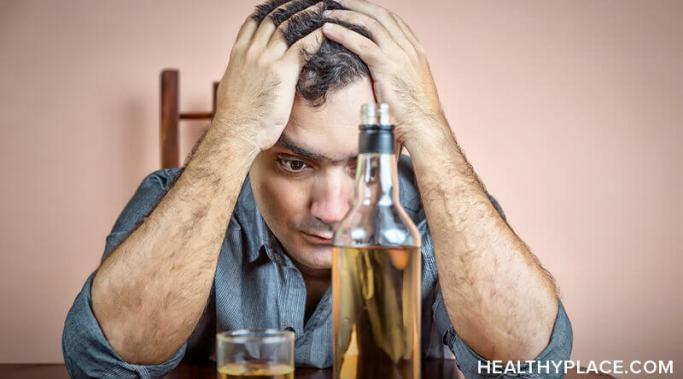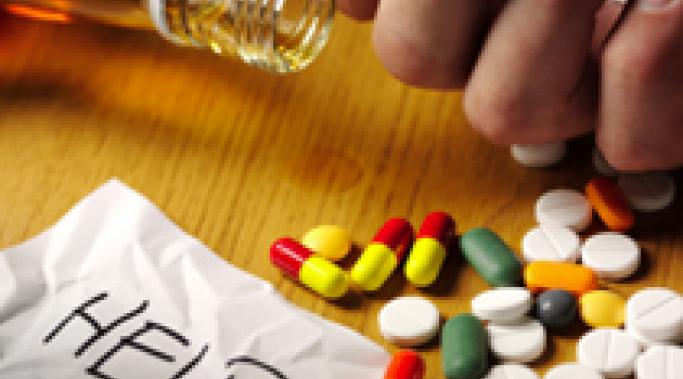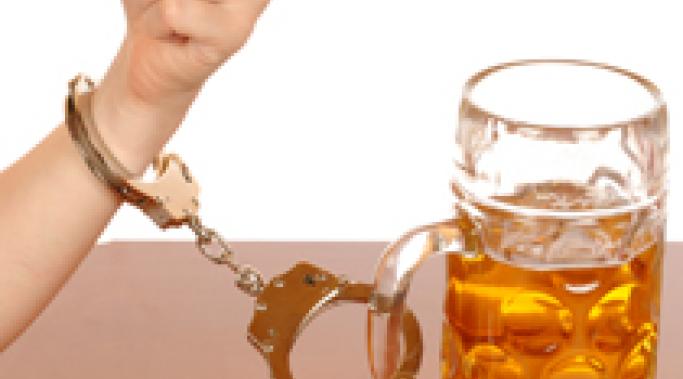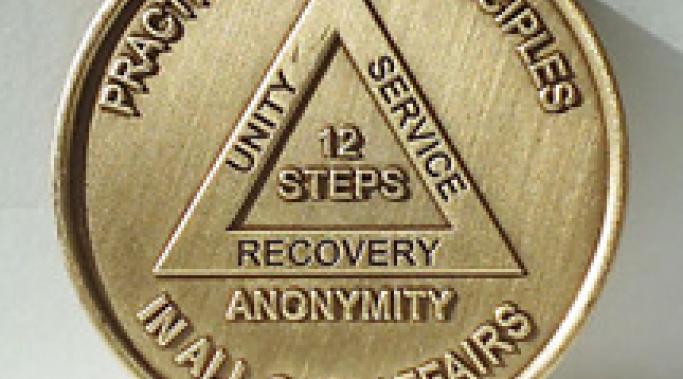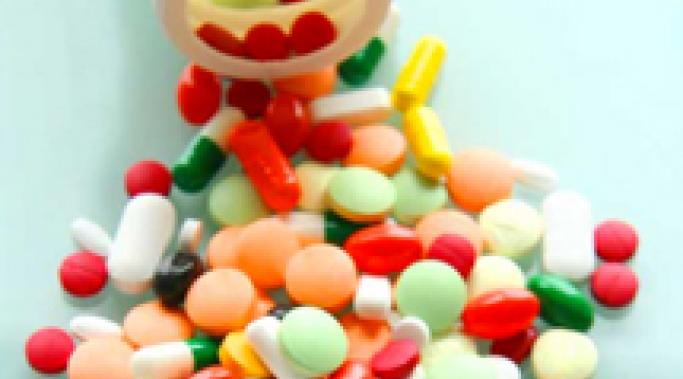I have recently quit drinking. Drinking has negatively impacted my life for the past few months and I decided to stop a couple weeks ago. I am hoping this will put me on a path to a healthier life both mentally and physically.
Alcoholism – Recovering from Mental Illness
Recognizing powerlessness over addiction is the first step to freedom--both literally and in literature. It's recognizing your powerlessness that is the tricky part. So here are some ways to know if you are powerless over your addiction.
I recently returned from a trip to Quebec, where I learned alcoholism symptoms should not vary by culture. Sadly, they do. In the United States, having a drink in the morning is called an eye-opener and is one of the CAGE Test symptoms of alcoholism. Even WebMD lists it as a sign of a drinking problem. In Quebec, a brunch cocktail such as a mimosa or a bloody Caesar is normal. I even posted to my Facebook page that I had no clue how Canadians diagnose alcoholism because it seemed like everyone drank like fish. Interestingly enough, the alcoholism rate is higher in the U.S. than it is in Canada--but is that because of culture? There needs to be a clearly defined international standard for alcoholism symptoms--not one that seems to vary according to where you are.
The new year made me realize it would be a good idea to write about how to self-diagnose an alcohol addiction. While only a professional can make a formal diagnosis, awareness of your drinking habits and any problems that arise from drinking can help you seek treatment (Identifying and Diagnosing Alcoholism). Here's how to self-diagnose an alcohol addiction.
Staying sober during the holidays can prove difficult thanks to all the merrymaking aided by large quantities of alcohol. For example, my family drinks like fish, and one year Dad gave my two brothers alcohol for Christmas. But I stayed sober even though I have a substance abuse problem, and I plan on doing it again. Here are some ways to stay sober during the holidays.
There is a serious lack of treatment for dual diagnosis with substance abuse. A dual diagnosis is two co-occurring mental health conditions, in this case, one of which is a substance abuse disorder. The use of substances as a way to cope with psychiatric symptoms is so common there's a term for it: "self-medicating." Treatment for dual diagnosis with substance abuse is critical, but few get treatment.
What are the mental health needs of the Native American community? At first, I was hesitant to write this because although I have Cherokee ancestry, I'm of mixed blood and not enrolled (my blood quantum is too low). But this morning on a news site, I saw that 11 members of a Canadian First Nation attempted suicide on Saturday night alone, causing the tribe to declare a state of emergency.1
There are three things I wish I knew about alcoholism before entering treatment. Maybe if I'd known these three things about alcoholism sooner, I would have realized I had a problem and entered treatment sooner and spared myself a lot of pain. But I'm an alcoholic, and most of my lessons I learned the hard way. So here are three things I wish I knew about alcoholism; may you learn from my thick-headedness.
There are many ways the 12 steps help besides addiction relief. Recently, I lost my bus pass. I decided to ride my bike into town to save money, only to discover that someone had stolen the seat. I said, "Seriously?" and decided that if that was the worst thing that happened that day, I was blessed, and went about my day in a cheerful mood. That would not have been possible without the 12 steps of A.A.. So here are three ways the 12 steps help besides addiction relief.
Should alcoholics and addicts take medication for addiction? When I was on the dual diagnosis unit at a state hospital, an outside therapy group often joked that it was ironic that we took medication for addiction (Drug Addiction Treatment and Drug Recovery). Staff did not see the humor in the statement and warned them to stop saying that. But it raises a valid question: Should alcoholics and addicts take medication for addictions?
